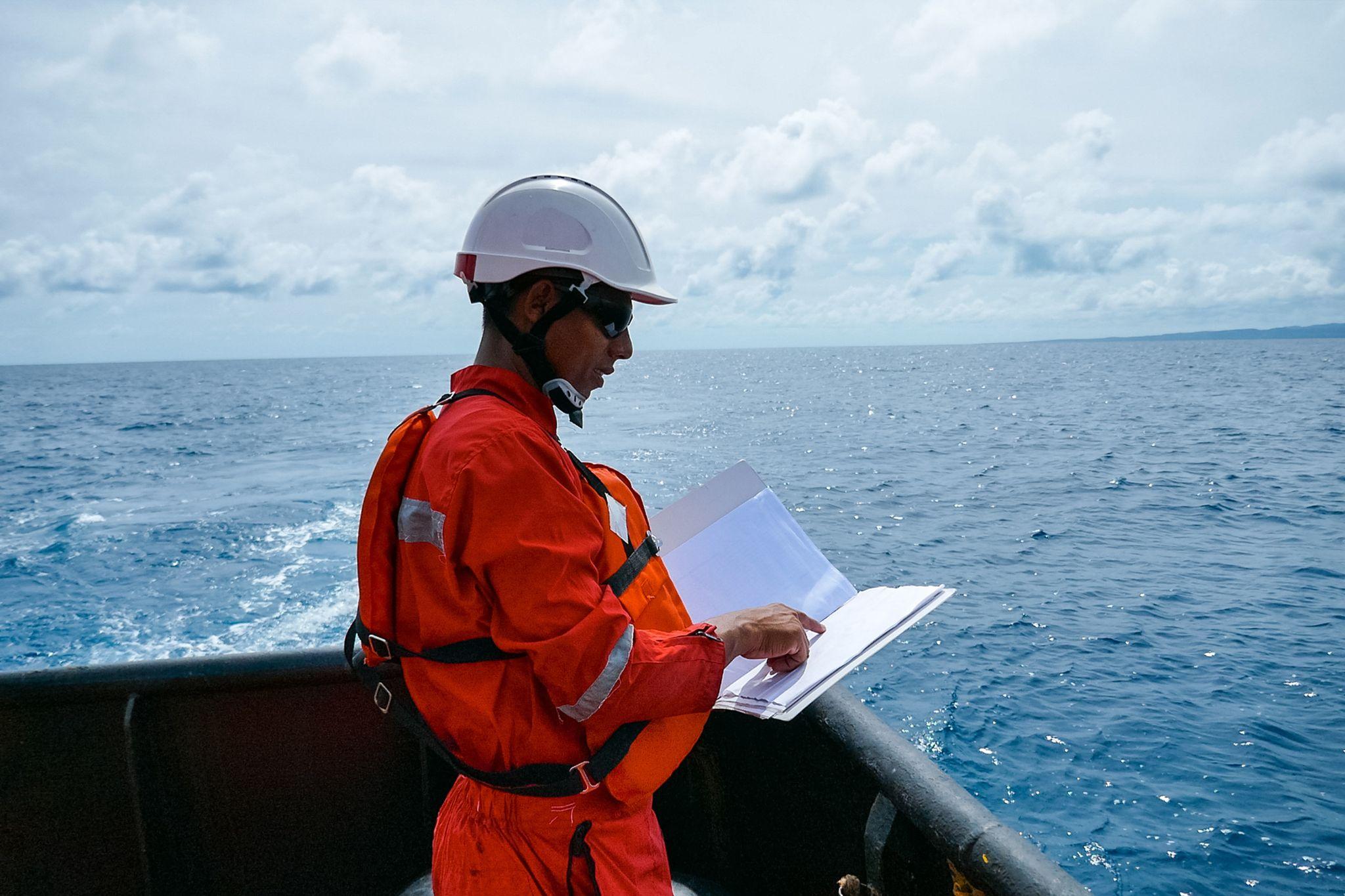The Jones Act and maintenance and cure are maritime laws that provide compensation to workers injured in service to a vessel. If a loved one or you were injured at sea, these laws define the shipowner’s responsibility to pay living and medical expenses while recovering.
Maintenance and cure benefits are “no fault,” meaning that even if there was no negligence involved, you are entitled to these payments from the owner of the vessel. If the injury occured because the vessel was unseaworthy or because of negligent care or operation of the vessel, you may also have a claim to additional compensation under the Jones Act.
While “cure” is understood to be reasonable medical expenses until the injured person reaches Maximum Medical Improvement, “maintenance” is more difficult to define and is often misrepresented by employers who want to limit maintenance payments to a set amount.
What Is Considered “Maintenance?”
The ancient law of maintenance and cure benefits originates from the shipowner’s obligation to provide room and board to crew members while they are at sea. This duty to provide room and board in the same manner while an injured seaman recovers on shore is the basis of the maintenance payment.
Maritime employers usually offer a set rate for maintenance of between $15 to $30 per day in the form of weekly checks. In some cases, the offer might be as low as $8 per day. The legal duty of the shipowner is not limited by these industry standards and should cover reasonable living expenses for the injured person in line with how they would have lived on board the vessel.
Valid expenses considered part of maintenance include:
- Rent or mortgage payments
- Utilities considered necessary like electricity and water
- Transportation costs
- Groceries
- Taxes
An experienced maritime attorney can provide guidance and, in some states, may be able to provide financial assistance while you are waiting for the Jones Act or maintenance and cure benefits to which you are entitled. Your attorney can submit your bills to support a claim for maintenance if your employer refuses to pay a reasonable amount.
What Is NOT Considered “Maintenance?”
It is important to remember that maintenance is intended to emulate the standard of room and board the maritime worker would have had while working at sea. It does not cover all household expenses or payments you may have. If your accident involved an unseaworthy vessel, improper equipment, lack of safety gear, or insufficient training of crew members, you might be entitled to much more than maintenance under the Jones Act.
If you are only entitled to maintenance and cure benefits, these items will not be covered:
- Telephone or cell service
- Cable or satellite TV
- Internet service
- Car payments
- Credit card payments
How Much Should You Receive in Maintenance Payments?
Your maritime employer or shipowner will most likely offer you a set per diem rate of $15 to $30 per day. Living expenses vary widely, depending on location, and so should the per diem rate that is offered. From a legal standpoint, the vessel owner is responsible to pay enough maintenance for you to live and eat in the manner you would have while living on board.
You can determine if you might have a claim for more than the rate provided by totaling your allowable living expenses and comparing these to the monthly total you are offered. For example, If your allowable living expenses are $2500 per month, you may win a legal claim up to $83 per day in maintenance.
Are You Entitled to More Compensation for Maritime Injuries?
Maintenance and cure are part of ancient maritime law, designed to provide subsistence and medical care for every worker injured in service to a vessel. Modern maritime laws, including the Jones Act, can provide much more compensation for those who qualify.

If someone in your family or you were injured at sea or while working on any vessel in navigable waters, you might be entitled to compensation for lost wages, earning potential, pain and suffering, or wrongful death. You can find out more in a no-cost legal consultation with one of the most experienced teams of maritime lawyers available.
If your employer is unwilling to pay the fair compensation your family deserves, contact us for sound advice and guidance on your legal rights. There are many maritime laws designed to protect you and many details unique to your case. At Schechter, Shaffer & Harris, L.L.P.—Maintenance and Cure—we have helped thousands of injured workers weather the storm of a maritime injury.







